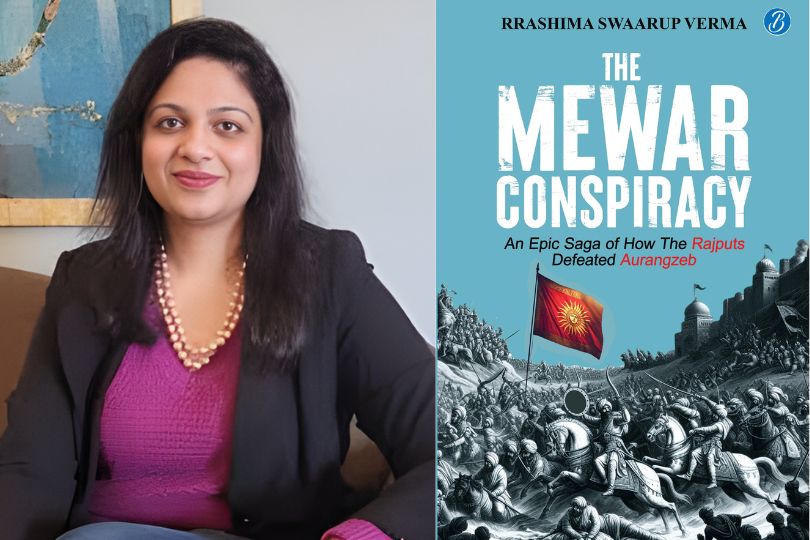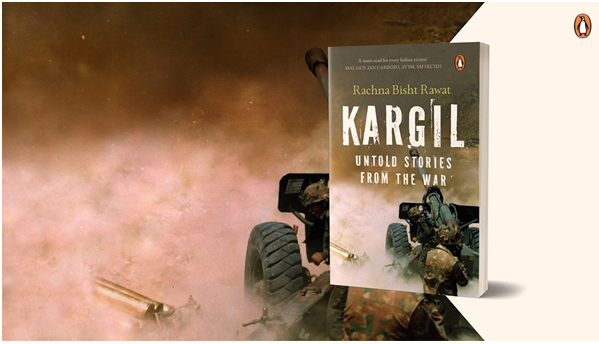Frontlist | 10 tips for budding screenplay writers
Frontlist | 10 tips for budding screenplay writerson Mar 15, 2021

The best way to start writing scripts is to read as many scripts as you can. It’ll give you an idea of how to write a visual story, the best practices when it comes to formatting and how to approaching writing interesting dialogue that drives the story forward.
4: Break down the structure of stories
This is the most important exercise to do when you’re starting out especially, but I still do this.
It’s crucial for you to try and break down the scripts you read and understand how the scripts are laid out. When to have turned in your story and what pacing looks like.
There are so many books and guides on the internet, but I think doing this breakdown for yourself will help you more than just reading books.
5: Challenge yourself to finish a project
The very first script I wrote was a comedy pilot and it was 60 pages long, but it should’ve been 30. It also was a mess, but I made myself sit and write every day for a month until I finished it.
It’s also the script that (after many rewrites) got me accepted into the prestigious American Film Institute Fellowship.
6: Get feedback
Writing is an iterative process whether you’re writing a novel, a script, an article or a short story. You have to keep rewriting and it’s important to get feedback on your work.
I first started writing a novel when I was 12 and I used to get feedback on it from my classmates in school and rewrite. It’s almost impossible to be objective about your own writing and having fresh eyes will help you identify blind spots in your work.
7: Use the internet
It’s absolutely amazing that we have millions of resources at our fingertips. I learnt everything there is about writing a script using the internet. There are scripts online, books available, panels, youtube videos, online classes and interviews. And a lot of it is free.
If you want, there are also online classes available to help hone your craft. I’m currently teaching a class with Sundance about television writing. I only recommend taking classes once you have already done some work with the free resources and if you feel you need more guidance.
8: Rewatch your favourite films and shows
If you know that you want to be a writer, spend some time rewatching your favourite films and tv shows and break them down. Try to identify what it is that you like about them. It will help inform your approach to your own writing.
9: Form a writers group
This is easier for some people than others, but it is important. There are several online boards and groups where you can make some friends and try to form a group of people to read and exchange notes with. Building your own writing community will help you create accountability for yourself as well.
10: Keep writing!
s simple and obvious as this may seem, it’s important. If you want to be a writer, you have to keep writing and always find time to write. It’s consistency and putting in the hard work for your craft that will make all the difference.
Source: indiatoday.in
Frontlist Latest Update
Frontlist News
Read scripts
screenplay writers
story
structure of stories
Writers



.jpg)






.jpg)

.jpg)

.jpg)

.jpg)
.jpg)










Sorry! No comment found for this post.